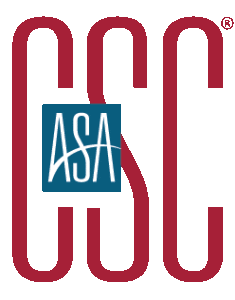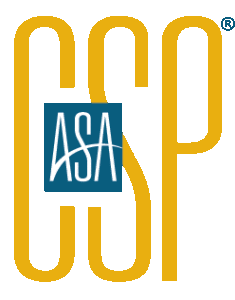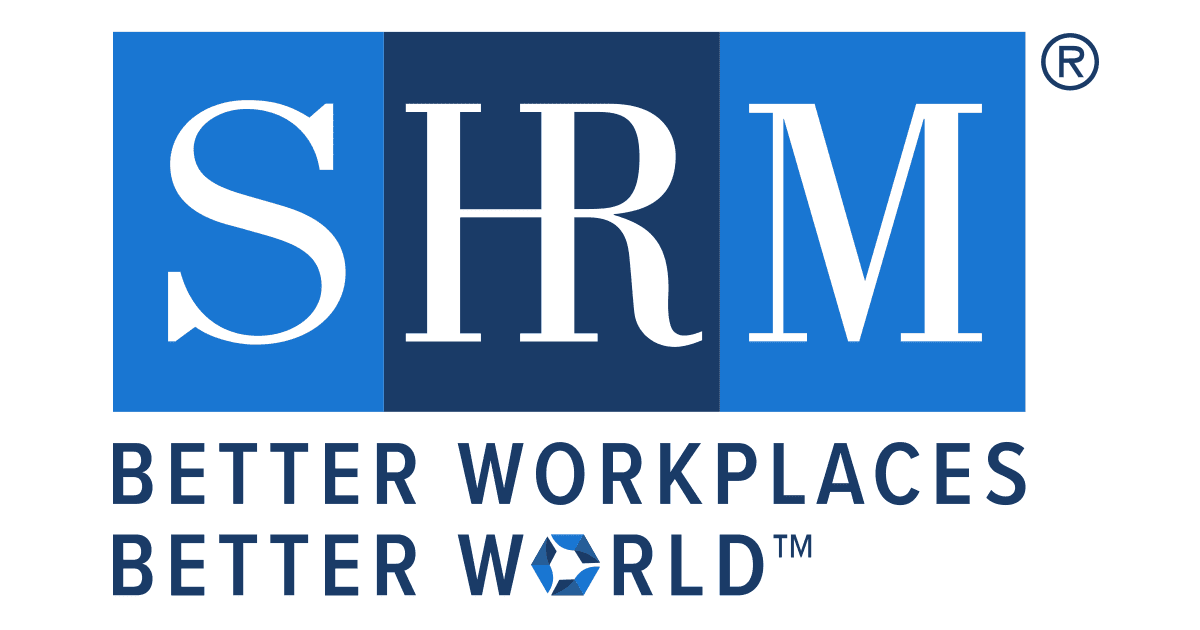
Nobody likes to be rejected, whether by a potential job or otherwise. It’s normal for many different emotions to arise after rejection, from sadness to confusion to anger. However you may feel about your interviewer, it is most important to check in with yourself by doing self-reflection after an interview rejection. To avoid common pitfalls such as self-pity or self-deprecation, seeking guidance on the right questions to ask yourself after a job rejection is helpful. At Whitman Associates, we’ve been helping people in the metropolitan D.C. area navigate how to deal with job rejections and find their dream roles for over fifty years. Continue reading for some of our best tips to set yourself up for future success.

Be introspective
It’s easy to blame the interviewer for a rejection. However, you can gain nothing from blaming the other party after being turned down for a position. Playing the blame game can mislead your focus and keep you feeling down about the situation. Instead, the best way to bounce back after a job interview rejection is to be introspective. This may sound paradoxical, but there’s a lot you can gain from rejections. In our experience, the best method of how to deal with job rejection is to ask yourself some key questions to spark self-reflection after an interview rejection.
Did I fully understand the position and requirements?
Job interviewers want to find the best match for their open role, which means candidates who don’t demonstrate an adequate understanding of the position and requirements will likely be rejected. How closely did you read the job description in the original listing? Did you gauge your suitability for the role? These are all critical questions to ask after a job rejection. It’s wise to allow the job description to guide your interview preparation. When asked interview questions about experience and skills, ensure your answers stay relevant to the responsibilities of this particular role. Asking yourself this question helps you deal with job rejection because it may inspire you to prepare differently for your next interview.
Did I thoroughly research the organization and understand its mission?
Companies want to hire candidates who are aligned with their mission. Similarly to how all your interview responses should be relevant to the specific role you’re interviewing for, your responses should also align with the company’s values. During self-reflection after an interview rejection, you should consider what answers you could have given that may have better reflected the company’s mission. Moreover, it’s vital to understand what the organization does before an interview. Employers prefer candidates who demonstrate a passion for the company’s work. Mentioning specific aspects of the organization that intrigue you is one way to show that passion in an interview, but it requires thorough research in advance.
How would my previous experience be valuable in this role?
This is one of the most important questions to ask after a job rejection. If you’re confident that you were an excellent fit for the role you interviewed for but were still not offered the job, the problem may not be your resume. Developing your communication skills is critical to your success in an interview. You were likely qualified but did not effectively demonstrate the value your previous experience could add to the role and company. Before your next interview, think about how you can discuss your experience in a way that’s aligned with the job description.
Was I professional?
Self-reflection after an interview rejection wouldn’t be complete without evaluating your professionalism. Think deeply about this question, as professionalism applies to several factors. This includes being punctual, dressing appropriately, maintaining good eye contact and keeping your phone off and out of sight. For virtual interviews, you also need a stable internet connection, an appropriate video background and a distraction free environment. Learning how to deal with job rejection isn’t easy, but it’s beneficial to challenge yourself to do better in the future.
Did I comment negatively about a previous employer when explaining leaving or the desire to leave a job?
Regardless of why you are looking for a new job, you must never comment negatively about a prior employer during a job interview. It doesn’t matter if you had the world’s worst boss in your last role. Your current interviewer doesn’t know the whole story, and hearing a candidate bad mouth their former company, team or manager raises red flags. If you’re guilty of this, the best course of action is to find a new reason to give your interviewer for why you’re seeking a new job. Otherwise, your interviewer may see you as disloyal or worry that you might struggle to work well with others on the team.
Don’t dwell on the rejection
Taking the time for self-reflection after an interview rejection enables you to turn your rejection into a learning experience. Not all people are the right fit for all roles. When figuring out how to deal with job rejection, it’s best to learn what you can improve on and move forward confidently. Don’t dwell on job rejection without taking the time to ask yourself these questions. The job market is highly competitive– don’t let a few rejections disrupt faith in yourself.
If you are still looking for a job, consider partnering with a staffing agency. Whitman Associates proudly offers expert guidance, insights, and full service to talented job seekers like you in the D.C. area. We take the time to understand our candidates’ needs, ensuring high-quality matches. Instead of navigating how to deal with job rejection alone, email your resume to resumes@whitmanjobs.com.











